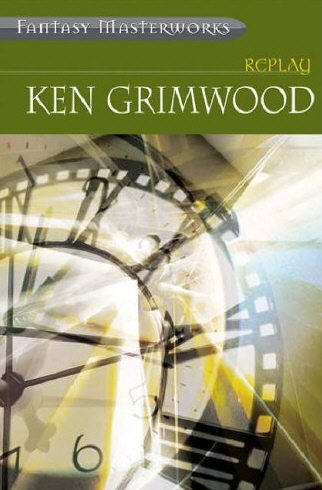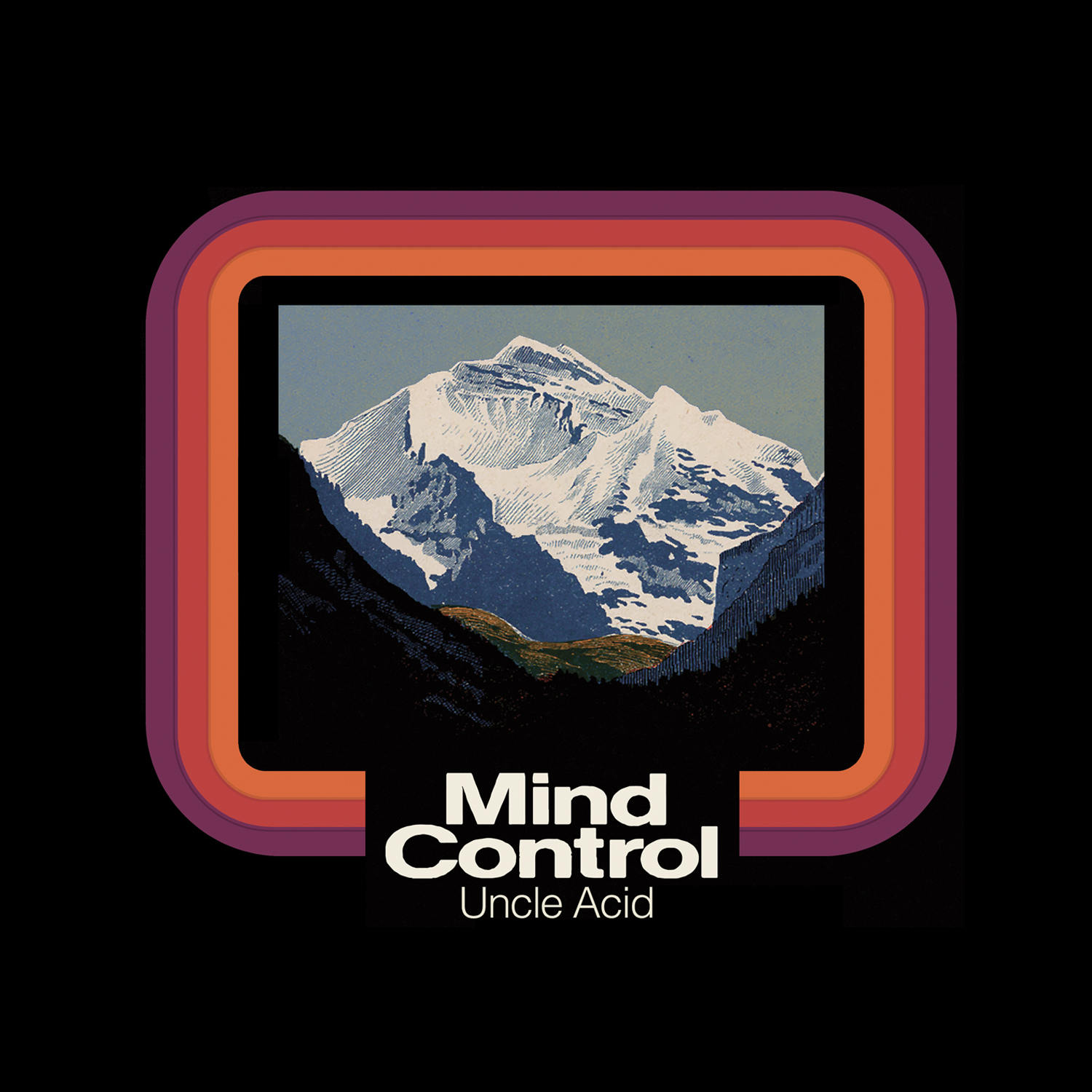

From Tor.com/Jo Walton: "Ken Grimwood’s Replay (1986) is the story of a man who dies in 1988 and finds himself back in his youthful body and dorm room of 1963 — over and over and over again. He knows the future, he can change the world, but no matter what he changes he’s going to live through twenty-five years and die on that day and start again. And just when you think you know where the book is going, it starts to get really interesting.
The book isn’t just the one gimmick. Grimwood explores the idea in a proper science fictional way, ringing a lot of variations on it. It’s also brilliantly written — tense, taut, fascinating. It’s a quiet almost pastoral character study as much as anything, but when I’m reading it, I can’t put it down. Nevertheless, I don’t think I’ve ever had a conversation about it that wasn’t on the lines of: "If that happened to me, I’d...” The idea of re-living your own life while relieved from the burden of money worries and uncertainty is very appealing, and this is part of what makes the book so seductive."






.jpg)



